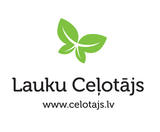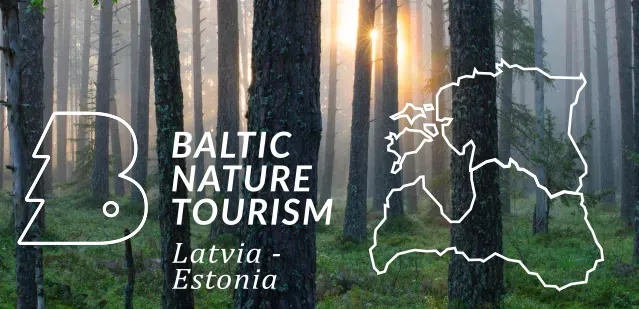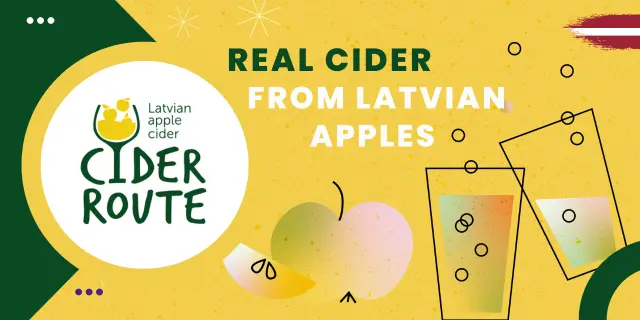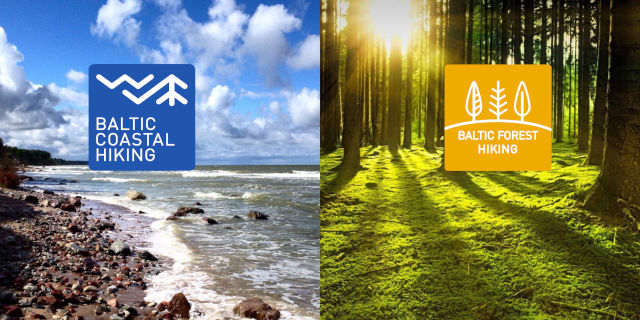

"Home Café Days" in Southern Latgale will take place from July 23-24. 14 cafes from the Krāslava Administrative District, the Augšdaugava Administrative District and the city of Daugavpils will welcome guests.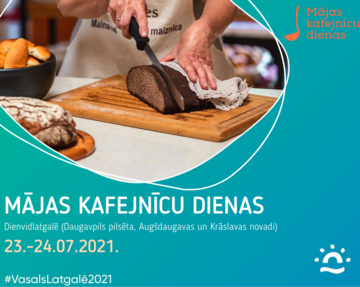
Daugavpils, which was once known as Dunaburg, is the largest city in Latgale and the second largest city in Latvia. During the late 19th and early 20th century, Daugavpils was an important city with people from many different nationalities living there. It was a metropolis between St Petersburg and Berlin. Daugavpils is a rare city in Latvia in that it has a unified ensemble of unique buildings built in the style of Classicism and Eclecticism. You will enjoy modern Daugavpils and its many offers for gourmands. Have some tasty beverages at a city café or enjoy outstanding meals at closed terraces full of flowers.
The Augšdaugava Administrative District brings together the very best of cultural and historical heritage with beautiful natural landscapes, skilful craftspeople, active leisure adventures and, of course, tasty lunch breaks. Travel the administrative district, learn all about its extensive offers for tourists, and enjoy the sincerity of local residents.
The Krāslava Administrative District, for its part, is on the frontier of Latvia. That is where Latvian begins, the Dvina River becomes the Daugava River, and the Sun starts its path across Latvia. This is a territory of closely linked nationalities, and that has created an environment which ensures a specific resonance that is typical only of the Krāslava Administrative District. This is a place where history meets the present day, where you can enjoy nature and become part of it, and where you can sense and experience new tastes, emotions and stories.
All events can be found under "Home Cafés" or on the "Map" (in Latvian).
"Home Café Days" in Southern Latgale, July 23-24 - ► BROCHURE (PDF, 2.01 MB)
Follow along with the news and be the first one to learn about new events!
|
|
► What are "Home Café Days"?
The yards of farms and other places that are not linked to dining and accommodations on a daily basis will turn into cafés for a day or two. Guests will be able to taste local foods to learn new flavours, as well as to enjoy an interesting cultural programme. Each farm has families and/or friends who will prepare a special offer -- flatbreads, cakes, casseroles etc. to be served with tea or coffee. Each farm will present the name of its café, and the products will be served with characteristic cultural characteristic and stories. There will also be various cultural activities such as handicrafts, games, playing of musical instruments, etc.
► "Home Café Days" all over Latvia this year, from July until October >>> celotajs.lv/majaskafejnicas.
Please note:
- When planning your route, you must get in touch with the desired destinations in advance. Contact information can be found in the sections "Home Cafés" and "Map".
- Make sure that you know the date and time when participants will be providing services. Usually that will be between 10:00 AM and 6:00 PM, but some venues may have different opening times.
- Make sure that you keep national epidemiological rules in mind to protect yourself, the people you are visiting, and other visitors, as well. For timely information about the epidemiological situation, please visit www.spkc.gov.lv (the Latvian Sickness Prevention and Control Centre), or covid19.gov.lv.
- The epidemiological situation may mean that there will be changes in the offers. Visit "Home Cafés" or "Map", to click on specific offers and see whether that is so.
- At some of the "Home Cafés," payment will only be accepted in cash.
We hope all guests will experience truly exciting adventures of taste!
"Home Café Days" in Latvia are organised by:
